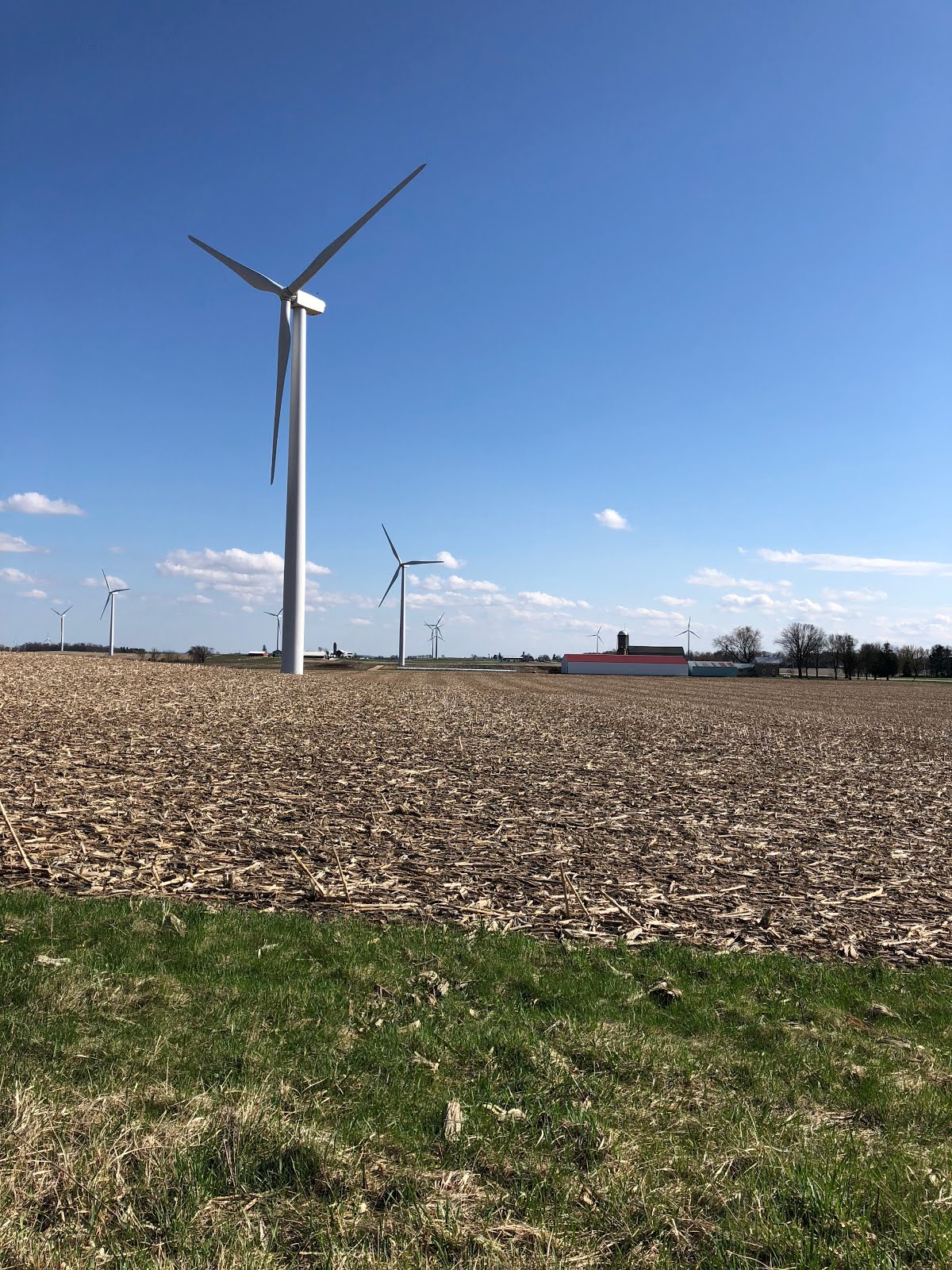Will The Winds Of Change Blow Through SEWRPC?
Tuesday begins a 60-day period during which federal reviewers will assess the email, letters and verbal submissions received during the just-closed comment period that is part of a quadrennial certification assessment.
It's no small matter, because the certification gives SEWRPC its authority to move certain federal transportation programs along in a seven-county region in southeastern Wisconsin. And the feds awarding to SEWRPC a higher planning status as a result of the certification provides a federal imprimatur to the agency - - more reason to get it right.
As was the case four years ago, most of the public comments took SEWRPC to task for undervaluing the needs of the region's cities and low-income residents, while favoring suburban and more rural areas.
And for the first time, the Milwaukee Common Council unanimously weighed in with criticism that included a related demand - - that the state legislature amend SEWRPC governance to achieve more adequate representation for Milwaukee taxpayers and a more urban-focused agenda, too.
It's not in the hands of the federal reviewers to bring about internal changes needed to improve the SEWRPC structure, but the reviewers need to hear the position of the City of Milwaukee - - loud and clear.
SEWRPC is already the subject of two civil rights complaints about agency transportation spending recommendations, hiring and committee appointments.
So both the federal reviewers and state legislature need to get cracking on a new-and-improved SEWRPC, or a completely overhauled planning, urban-focused apparatus in the region, which is my preference.
The winds of change are blowing through both Washington, DC and state government. There's no way, after years of discriminatory operations at SEWRPC )after 50 years, only three minority professionals among 49 on the staff there) that have also enabled sprawl development that the agency should be given immunity to substantial changes, top-to-bottom, by federal and state policy-makers.
Some earlier perspective, here.









No comments:
Post a Comment